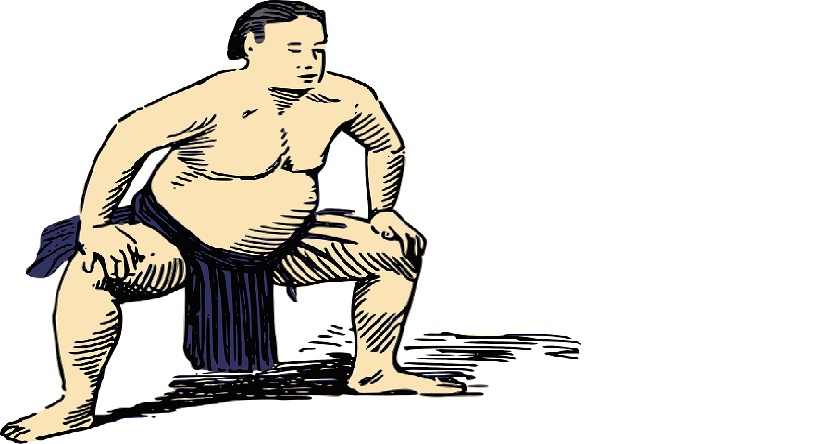One of the most popular phrases given by patients to their family doctors is ‘Tired all the time’. It’s become a very common problem due to a busy lifestyle. One in a five person feels tired or fatigue at any one time a day.
Most of the time we blame fatigue on a too-busy lifestyle, which is possible most time. Often, it is not a medical issue and can be reversed by a change of lifestyle. However, sometimes it happens due to several major or minor diseases, and personal or professional crisis. Any serious illness can also make you tired.
Fatigue in a medical term, is a lingering tiredness that is constant and limiting. Fatigue is a feeling of being tired. It refers to the state of reduced capacity for work or accomplishment following a period of mental and physical activity. Most of the time, it can be traced to one or more wrong habits or routines such as lack of exercise or physical work, lack of sleep and so on. These problems can cause tiredness or fatigue. Tiredness can negatively impact performance at work, have an adverse effect on family life and social relationships. In some cases, there are reasons for the fatigue that might be included allergic rhinitis, anemia, depression, fibromyalgia, or some other health problems.
Causes
Tiredness and fatigue can be caused by different factors. Sometime it can be affected by serious health conditions and sometimes due to lifestyle changes, both are given below.
Lifestyle factors - It may be related to:
Use of alcohol or drugs
Lack of physical activity
Lack of sleep
Medications, such as antihistamines, cough medicines
Unhealthy eating habits
Excess physical activity
Jet lag
Other Conditions - Unrelenting exhaustion may be a sign of a situation or an effect of the drugs or therapies used to treat it, such as:
Depression
Anxiety
Anemia
Diabetes
Heart disease
Acute liver failure
Concussion
Cancer
Kidney disease
Obesity
Stress
And so many other factors that directly or indirectly cause fatigue or tiredness.









